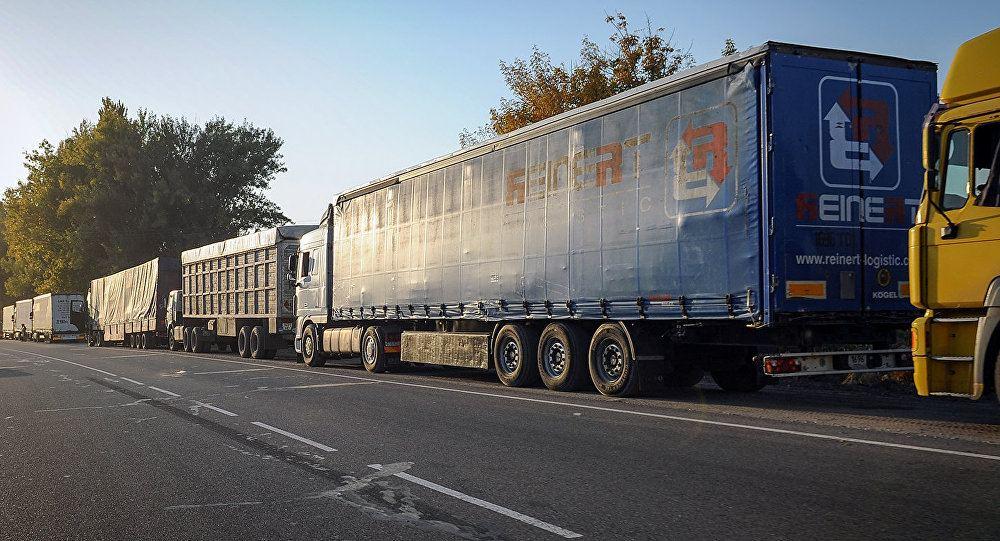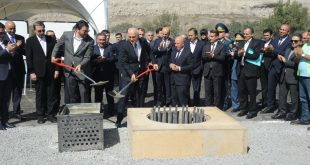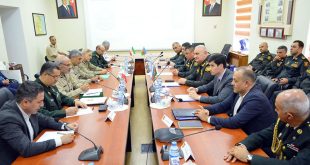
The development of transport communications of Uzbekistan will open up additional entrances to the markets of Iran and Azerbaijan, Russian political scientist, a researcher at the Institute of Economics of the Russian Academy of Sciences Alexander Karavaev told Trend.
According to the expert, it is necessary to take into account that for Uzbekistan, within the framework of the strategic programs approved by its president for the development of the economy, this development is aimed at increasing exports in the north-west direction: to the markets of Russia and Europe.
“The trans-Caspian highways, which include a ferry service between Turkmenbashi and Baku, are very important here. This transport route is already in use by Uzbekistan. However, within the framework of the discussed agreement between the heads of Turkmenistan and Uzbekistan, it will receive a new impetus for communication between Uzbekistan and Iran,” said Karavaev.
The political scientist said that economic relations between Uzbekistan and Russia will be built on the basis of railway communication.
“Uzbekistan can connect to the North-South transport corridor through the existing railway from Iran through Turkmenistan and Kazakhstan to Russia. This will provide Uzbekistan with access to the Caspian and Iranian ports,” said Karavaev.
He also noted that the development of the transport infrastructure of these countries, discussed by the heads of Turkmenistan and Uzbekistan, is aimed at building large trans-Eurasian lines.
The development of such a line, on the one hand, is part of Eurasia, and on the other, a junction of the Caspian region, connecting its countries with European markets, in the south with India, in the east with China, and in the north with Russia.
These interconnected industrial and economic zones of Eurasia have transport links that need further development.
“The agreement between Uzbekistan and Turkmenistan is part of the logic of trans-regional development of communications to connect these zones. Accordingly, here are indicated the elements that are connected both with the transport corridor of the North-South International Transport Corridor and with the routes that are tied in the framework of the Chinese initiative ‘One Belt – One Road’,” he said.
Karavaev stressed that the interests of Uzbekistan and Turkmenistan regarding the North-South corridor are associated with access to the markets of Iran and India.
“India regards the eastern section of the North-South corridor as the most important route to enter the Central Asian markets. Railway and road communications between Iran and Turkmenistan are of more paramount importance for (India) than communications heading north through Azerbaijan to Russia,” the political expert said.
Karavaev also said that the western section of the North-South corridor through Azerbaijan and Iran seems to be more important for Russia.
“India is not opposed to entering the European market through the North-South corridor, but it still focuses on the development of communications with the Central Asian region for the sale of its textile products, as well as obtaining a raw material base in Afghanistan (mining resources) and Turkmenistan (energy and hydrocarbon resources),” the Russian expert added.
 Oval Useful news from Azerbaijan and Caucasus
Oval Useful news from Azerbaijan and Caucasus


